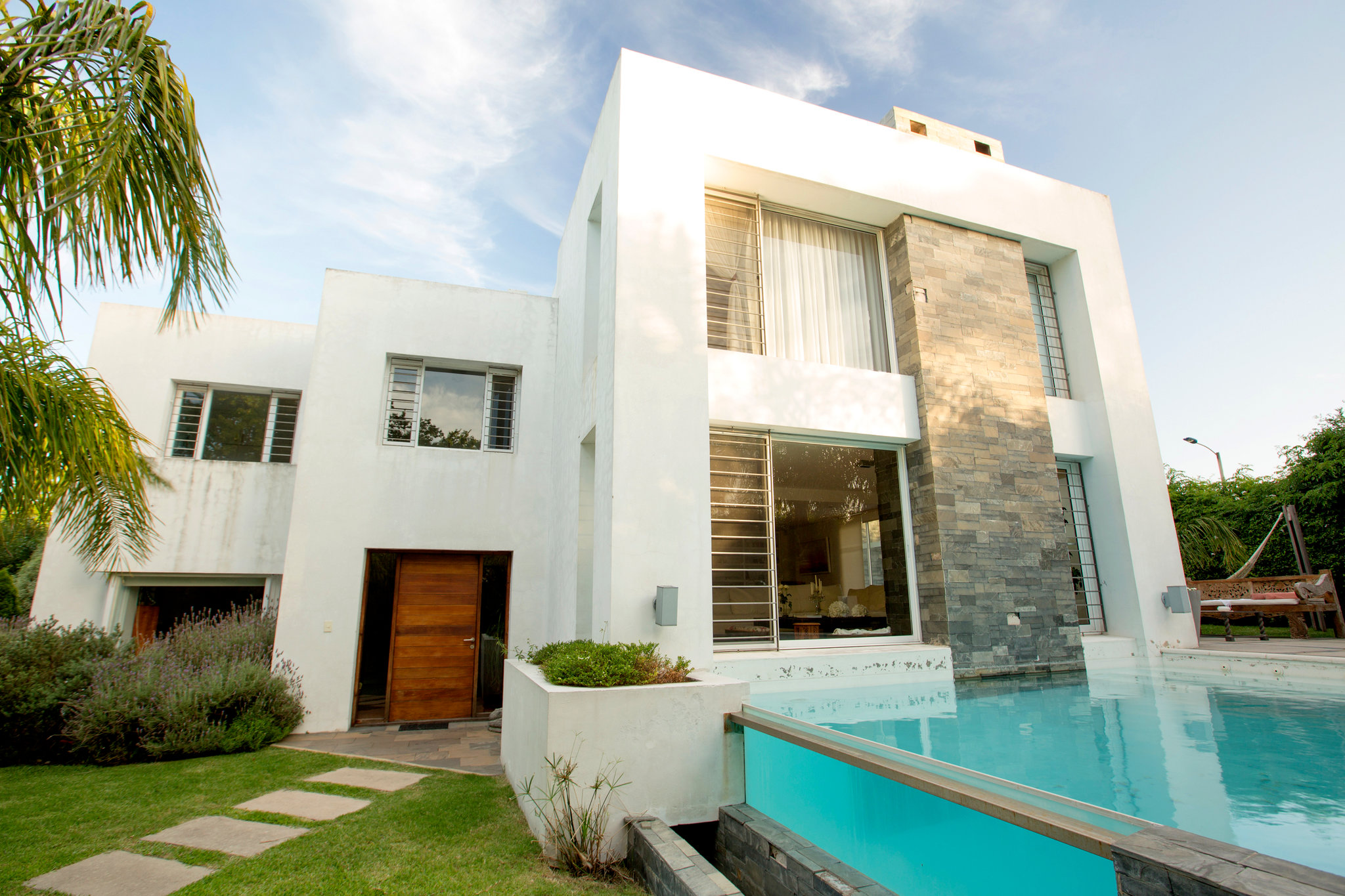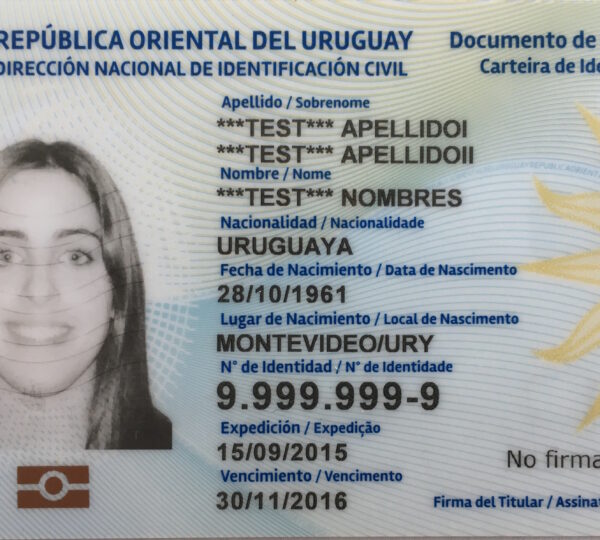
Uruguay Real Estate: A Guide to Renting or Buying Property as a Foreigner
Renting Property in Uruguay
Finding a Rental Property
Foreigners looking to rent in Uruguay can find properties through online platforms such as Gallito Luis, MercadoLibre, and InfoCasas. Working with a licensed real estate agent can be helpful for those unfamiliar with the rental process. Many landlords also list properties in local newspapers or through word-of-mouth in expat communities.
Rental Agreements and Requirements
Most lease agreements in Uruguay are for twelve months, though six-month contracts are sometimes available. A security deposit equal to one or two months’ rent is typically required. Some landlords may ask for a guarantor, but alternatives such as prepaid rent or a rental insurance policy can sometimes be used instead. Rent is usually paid monthly, and tenants are responsible for utilities such as electricity, water, gas, and internet. A rental contract should be signed before a public notary for legal protection.
Average Rental Prices in 2024
| City | One-Bedroom Apartment (USD per month) | Three-Bedroom Apartment (USD per month) |
| Montevideo | 500 – 1,200 | 1,200 – 3,000 |
| Punta del Este | 600 – 2,500 | 1,500 – 5,000 |
| Colonia del Sacramento | 400 – 1,000 | 1,000 – 2,500 |
| Maldonado | 450 – 1,500 | 1,200 – 3,500 |
| Piriápolis | 400 – 1,200 | 1,000 – 2,800 |
Buying Property in Uruguay as a Foreigner
Can Foreigners Buy Property in Uruguay
Foreigners can buy property in Uruguay with no restrictions. There are no residency requirements for property ownership, and foreign buyers have the same legal rights as Uruguayan citizens when purchasing real estate. Uruguay’s stable economy and strong property rights make it one of the safest countries in South America for real estate investment.
Legal Requirements for Foreign Buyers
Foreign buyers must obtain a Uruguayan tax identification number (RUT) from the Dirección General Impositiva (DGI). This number is required for all real estate transactions. While it is not mandatory, hiring a local lawyer or notary is recommended to verify legal documents and ensure a smooth transaction.
Uruguay Real Estate: Steps to Buying Property in Uruguay
Finding the Right Property
Foreign buyers should work with a licensed real estate agent to explore options in cities such as Montevideo, Punta del Este, and Colonia del Sacramento. Beachfront properties and rural estates are also popular among foreign buyers.
Conducting Due Diligence
It is essential to check the property’s ownership history, debts, and legal status. Buyers should obtain a Certificado de BPS (proof of tax payments) and Certificado de Gravámenes (certificate of encumbrances) from the Uruguayan Land Registry. These documents confirm that the property has no outstanding debts or legal claims.
Signing the Purchase Agreement and Paying the Deposit
A preliminary agreement, known as a Boleto de Reserva, is signed, and a deposit of ten to twenty percent of the property price is usually required. This document outlines the terms of the sale, including payment structure and deadlines.
Finalizing the Transaction
Once all legal checks are completed, the final purchase contract, or Escritura de Compraventa, is signed before a public notary. The buyer then pays the remaining balance, and the property is officially registered with the Uruguayan Real Estate Registry. The entire process can take one to three months.
Costs of Buying Property in Uruguay
Foreign buyers should budget for additional costs beyond the purchase price.
- Property Transfer Tax (ITP): 2 percent of the property value
- Notary and Legal Fees: 3 to 4 percent of the purchase price
- Registration Fees: 0.5 to 1 percent of the property value
- Real Estate Agent Fees: 3 to 4 percent, typically split between buyer and seller
- Municipal Property Tax (Contribución Inmobiliaria): Varies by location and property value
Mortgage Availability for Foreigners
Foreigners can apply for a mortgage in Uruguay, but local banks typically require applicants to have residency and a Uruguayan bank account. Interest rates range from six to ten percent annually. Many foreign buyers prefer to pay in cash to simplify the transaction and avoid local lending restrictions.
Uruguay Real Estate: Best Cities for Real Estate Investment
Montevideo is the economic and cultural center of Uruguay, with high rental demand and steady property value appreciation. Punta del Este is a luxury beach destination attracting foreign investors and high-net-worth individuals. Colonia del Sacramento is a historic city known for its colonial architecture and tourism appeal. Maldonado offers affordable properties with proximity to Punta del Este’s luxury market. Piriápolis is a smaller coastal town with growing real estate potential.
Uruguay Real Estate: Key Considerations for Foreign Buyers
Legal Restrictions
Foreigners can buy property in Uruguay without restrictions. However, buyers should ensure that all transactions are conducted through legal professionals to avoid potential issues related to zoning laws, taxes, and land disputes.
Investment Potential
Rental yields in Uruguay range from four to seven percent annually, making real estate a strong investment. However, property taxes, maintenance costs, and local market trends should be considered before making a purchase.
Frequently Asked Questions
Can foreigners buy land in Uruguay?
Yes, foreigners can buy land in Uruguay without restrictions. However, properties in rural areas must comply with local zoning laws and agricultural regulations.
Can foreigners rent out property in Uruguay?
Yes, foreign property owners can lease their property. Rental income is subject to Uruguayan tax laws, and landlords must register rental agreements with the tax authorities.
What is the minimum investment required for property in Uruguay?
Apartments in major cities start at approximately one hundred thousand USD, while beachfront homes and rural estates can range from two hundred fifty thousand to over one million USD.
Do I need to be in Uruguay to buy property?
No, foreign buyers can purchase property remotely by granting power of attorney to a Uruguayan legal representative.
Does buying property in Uruguay grant residency?
No, property ownership does not automatically grant residency, but foreign investors can apply for a residence permit if they meet financial requirements.
Are there risks in buying property in Uruguay?
Potential risks include title disputes, unpaid taxes, and zoning restrictions. Hiring a lawyer and conducting thorough due diligence can help minimize risks.
Conclusion
Uruguay offers strong real estate investment opportunities for foreigners, with few restrictions on property ownership. However, buyers must obtain a tax identification number, verify legal ownership, and register their property with the appropriate authorities. Working with a real estate agent and a lawyer ensures a smooth and secure property transaction.
Our Directory
Use our database to find visa facilitators, real estate agents, and recommended professionals. You will also have the ability to book a time to meet with our expats on the ground. These are individuals just like you who have gone through the immigration process and have been living in your desired country or city.
Recent Posts
Comprehensive Step-by-Step Guide to Obtaining Your Visa In Mexico
Buying Your First Business in France
All Categories
- Argentina
- Australia
- Austria
- Bahamas
- Bali
- Belize
- Brazil
- Chile
- Colombia
- Costa Rica
- Czech Republic
- Denmark
- Dominican Republic
- Ecuador
- El Salvador
- Fiji
- France
- Germany
- Greece
- Hungary
- India
- Ireland
- Jamaica
- Japan
- Malaysia
- Mexico
- Netherlands
- New Zealand
- Norway
- Panama
- Peru
- Philippines
- Portugal
- Singapore
- South Korea
- Spain
- Sweden
- Switzerland
- Thailand
- UAE
- Uncategorized
- United Kingdom
- Uruguay
- Vietnam



